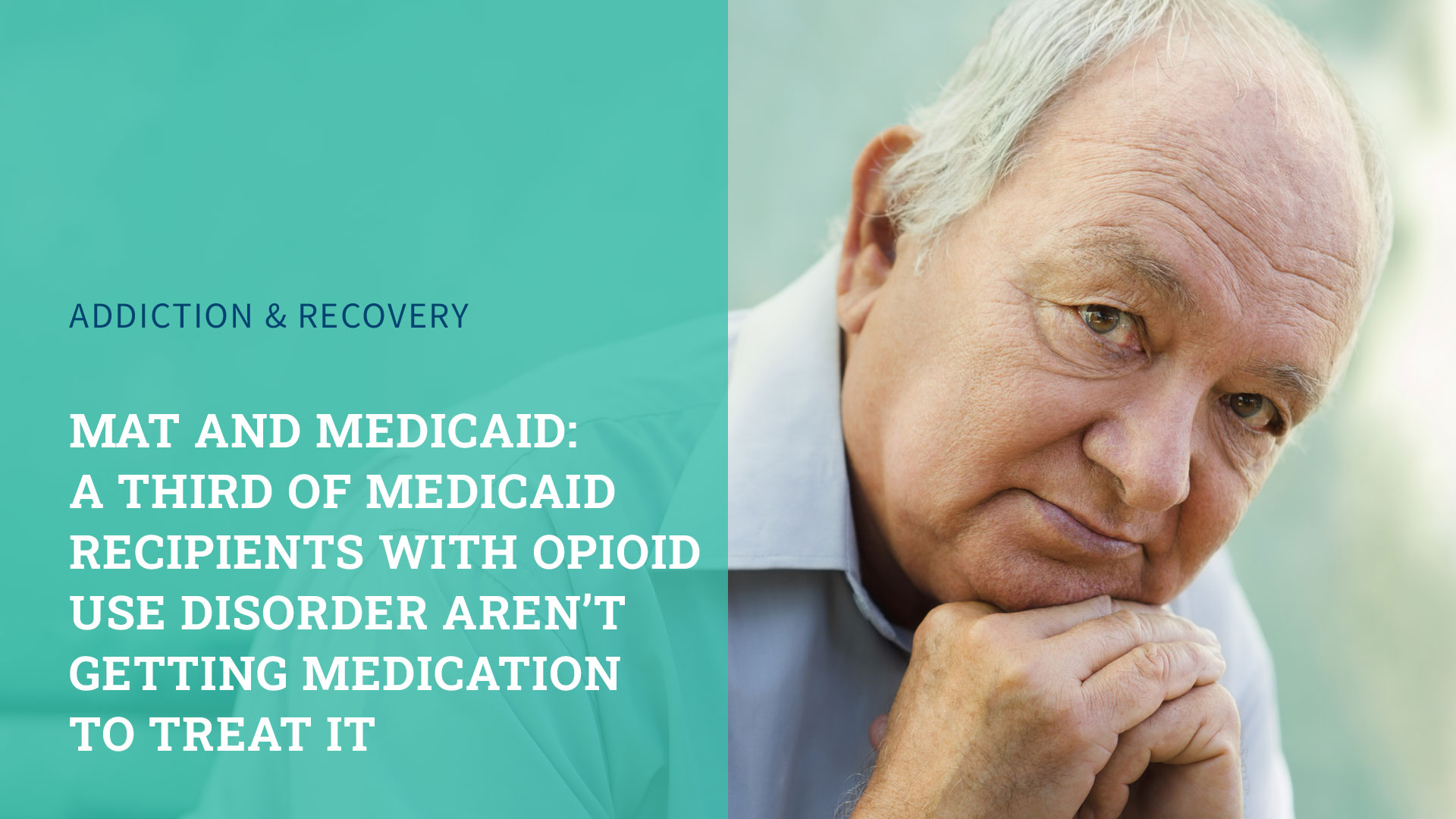On September 29th, 2023, the New York Time published an article about the use of medication-assisted treatment (MAT) among Medicaid recipients. The article includes a set of disturbing facts:
MAT and Medicaid: Lifesaving Medication Underused
- 500,000 Medicaid recipients with opioid use disorder (OUD) did not receive the best available treatment for OUD, which is medication-assisted treatment (MAT) with medication for opioid use disorder (MOUD). MOUDs include methadone, buprenorphine, and naltrexone.
- That makes up around 33% of people on Medicaid with OUD.
- MAT participation varies by state, and by state Medicaid expansion status. For instance:
- 90% of Medicaid recipients with OUD in Rhode Island received MAT
- Under 40% of Medicaid recipients with OUD in Mississippi and Illinois received MAT
- Over 80,000 people died of opioid overdose last year.
That last fact makes the NYT headline all the more disturbing: we have the capacity to address the problem, but we’re not getting the right treatment to the right people in the right places with the kind of consistency that can help reduce rates of overdose.
To read the full NYT article, click this link:
A Third of Medicaid Recipients With Opioid Use Disorder Aren’t Getting Medication to Treat It
To learn about MAT at Pinnacle Treatment Centers, please navigate to our treatment page:
Finding Help: Pinnacle Treatment Centers
If you or someone you know need support for opioid use disorder, alcohol use disorder, or another addiction, please contact us as soon as possible. We offer a wide range of holistic, integrated treatment programs for SUD, AUD, and co-occurring disorders.
